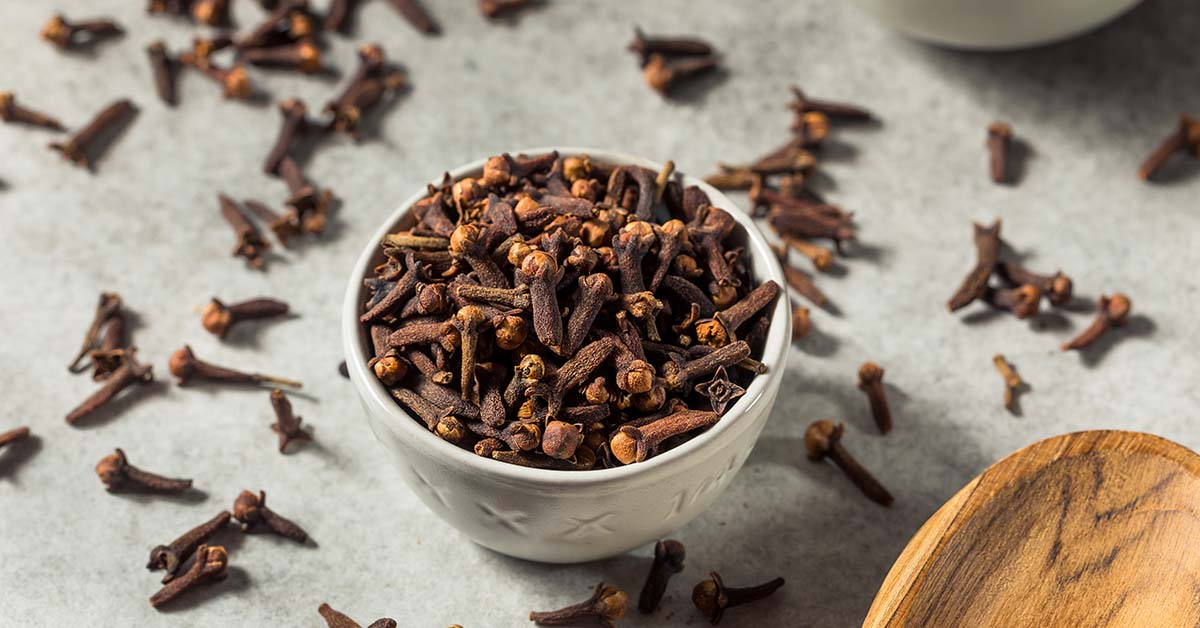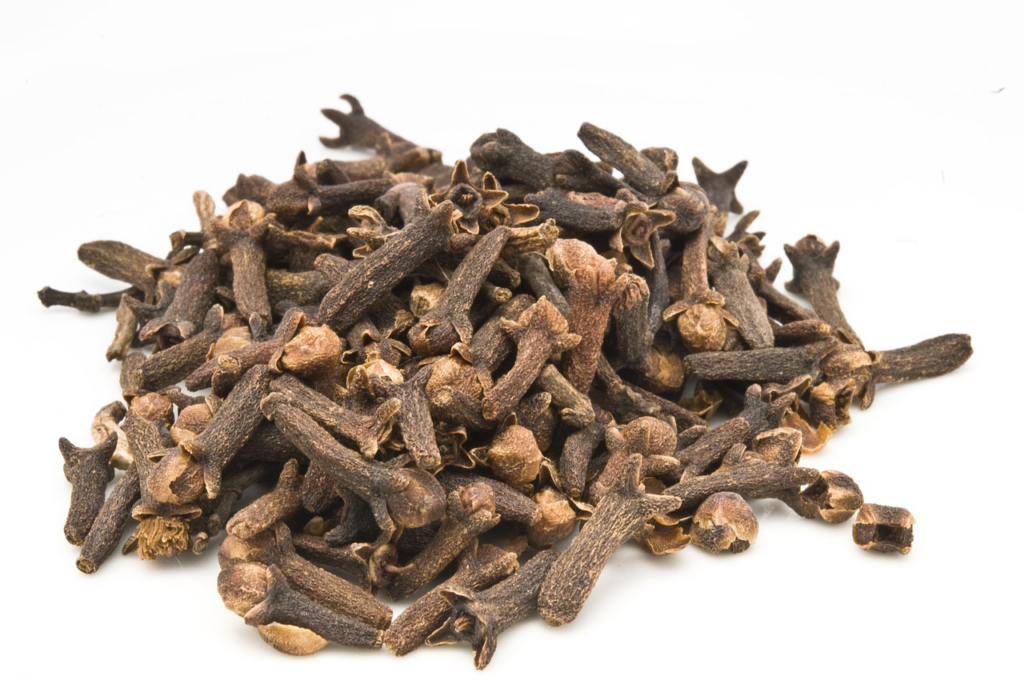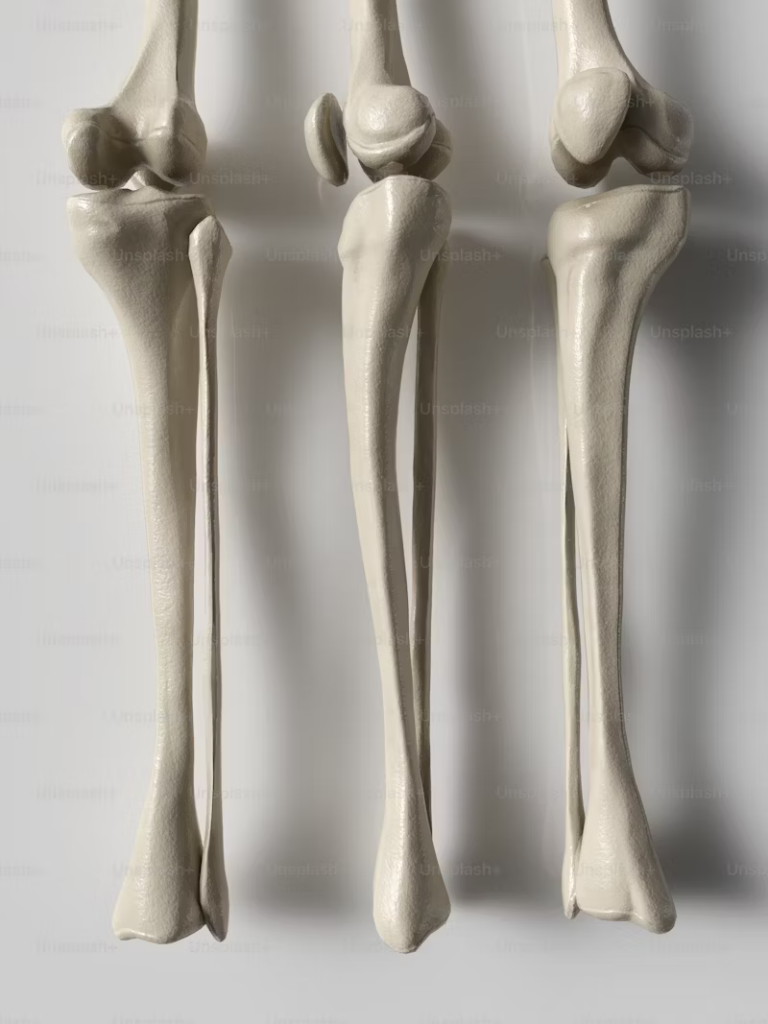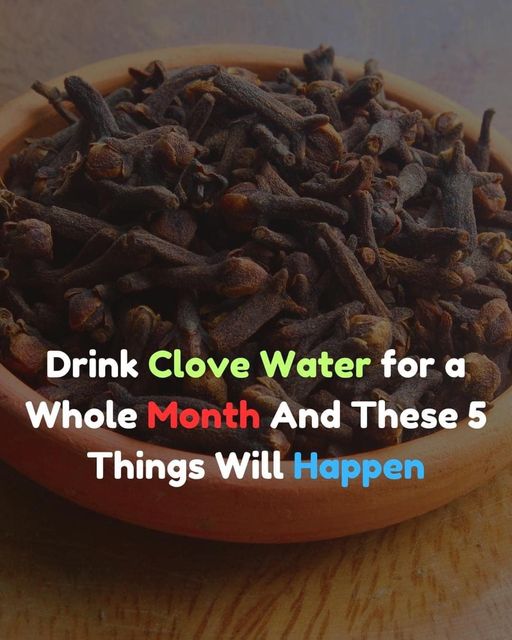Cloves, which are the aromatic flower buds of the clove tree (Syzygium aromaticum), are a popular spice in many different cuisines across the world. However, their applications go beyond seasoning food. Cloves have been used in traditional medicine for generations, and contemporary science is starting to discover the numerous health advantages they provide. From improving digestion to combating canc*r, the health benefits are numerous and astounding. Below, we look at eight surprising health advantages of including cloves into your diet.
1. Packed with Nutrients

Cloves are not only a tasty complement to your dishes; they are also a good source of critical nutrients. A single teaspoon of ground cloves provides fiber, vitamins, and minerals that can benefit your general health. For example, cloves are high in manganese, which is required for brain function and bone health. One teaspoon contains 55% of the manganese you should consume each day.1 Although cloves are tiny, including them in your diet on a regular basis will help you meet your daily nutrient requirements.
2. High in Antioxidants

Antioxidants have an important role in countering oxidative stress, which has been related to chronic illnesses including heart disease and canc*r. Cloves are extremely rich in antioxidants, including eugenol, a powerful natural antioxidant.2 Including cloves in your diet can help protect your cells from harm and lower your chances of acquiring chronic illnesses.
3. Improves Liver Health
According to research, clove eugenol may have liver-protective properties. A 2022 animal research found that clove extract might help treat liver damage induced by harmful chemicals. While further human research are needed, these findings indicate that cloves may assist preserve liver function when ingested in moderation.
4. Possesses Anti-Cancer Properties

Some research have emphasized cloves’ possible anti-cancer benefits. Eugenol, a chemical found in cloves, has showed promise in triggering cell d3ath in several kinds of canc*r cells, including breast canc*r. Although eugenol is hazardous in high quantities, moderate use of cloves may aid in canc*r prevention, however further study is needed to establish these effects in humans.
5. Destr0ys Bacteria
Cloves possess strong antimicrobial properties, making them effective in k*lling bacteria and stopping the growth of microorganisms. This benefit is particularly relevant for oral health. Studies have shown that clove extract can reduce harmful bacteria in the mouth, potentially improving gum health and reducing the risk of dental issues like plaque build-up.
6. Regulates Blood Sugar Levels
Cloves may also help regulate blood sugar levels. According to research, some components in the spice can increase insulin action and reduce blood glucose levels. For example, a 2019 study discovered that participants who took clove extract saw substantial changes in their post-meal blood sugar levels. This makes cloves a potentially useful addition to the diets of people with diabetes or prediabetes.
7. Strengthens Bones

Bone health is a major concern, particularly given the incidence of osteoporosis in elderly populations. Cloves contain manganese, an essential mineral for bone production, and research suggests that eugenol may help maintain bone density. While further study is needed, include cloves in your diet may promote stronger bones and lower your risk of osteoporosis.
8. Reduces Stomach Ulcers
Stomach ulcers, or painful lesions in the stomach lining, may be devastating. Cloves, which contain eugenol, may help cure these ulcers. Some animal studies indicate that they can boost the formation of gastric mucus, which acts as a barrier against stomach acids, potentially lowering the incidence of ulcers. This historic usage of cloves is backed by developing scientific data, albeit additional study on people is required.


